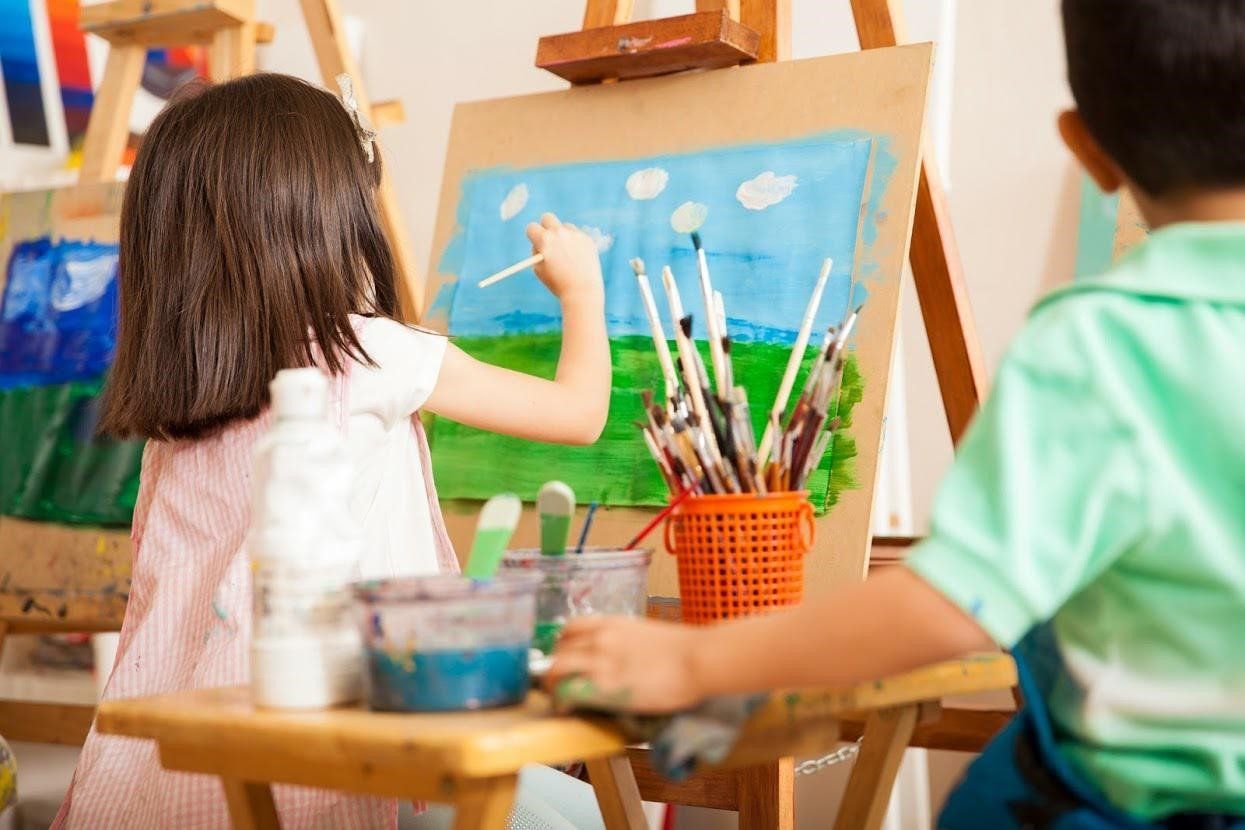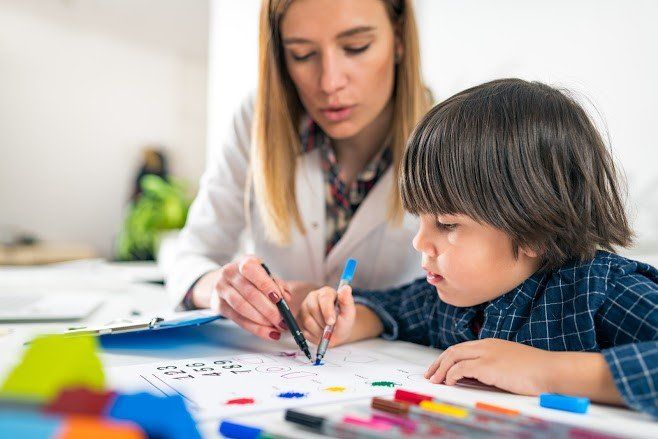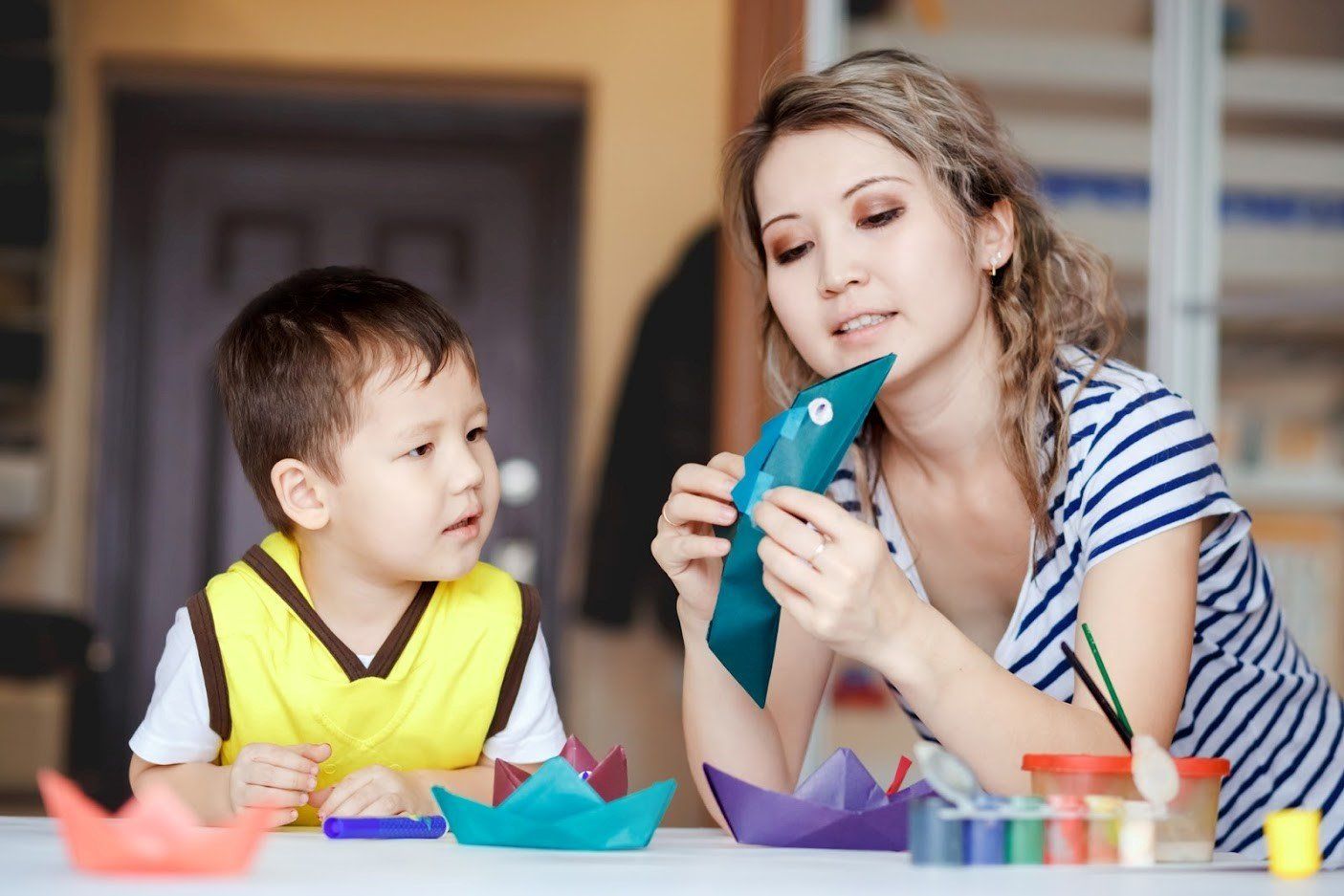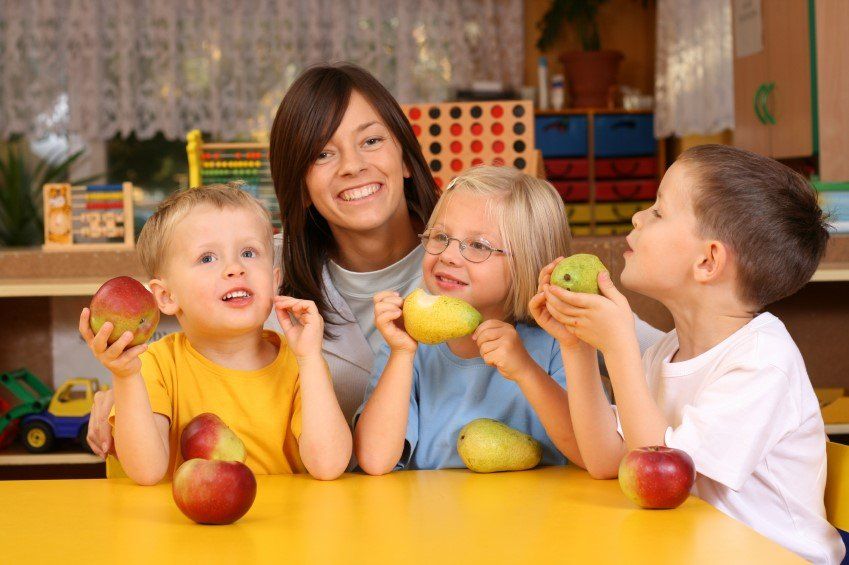Is Your Toddler a Reader? Understanding Expectations for Literacy Development
The early years provide the building blocks for a life-long love of reading. But that doesn't mean you should expect your ever-energetic tot to sit and read with you for hours. What do you need to know about toddlers, their developmental stage, and early literacy? Look at the realistic expectations that parents should have for their 2- or 3-year-old's literacy development.
Performing a Magic Trick
No magic trick exist that can turn your toddler into a reader overnight. You want the best for your child. But building literacy skills takes time — and patience. No one top or best way exists to help early literacy development. Websites, apps, flash cards, and other educational aids may not get you the results they promise.
Instead of aiming for a quick fix that puts your tot grade levels ahead of themselves (which probably won’t happen), rely on your child's teachers. Early childhood educators have the education and experience to help your child gradually build reading, writing, and language use basics.
If you're not sure what these basics are, read on to learn more about toddlers and early literacy development.
Becoming a Pre-Reader
Put a picture book in front of your toddler and watch the magic that unfolds. Your child will likely pick up the book and page through it as if they're reading the pages. You know that they can't read the words or understand the complexities of the sentence structure on the pages — yet. But your tot can engage in early literacy behaviors.
As a pre-reader, your toddler learns about what books are, how to handle them, and what the basic structure of a story is. At the same time, your child increases their vocabulary at what may seem like a lightning-quick pace. They learn and use new words daily. This makes exposing them to language — in books and through the spoken word — essential.
Learning to Write
Don't expect your toddler to sit down and write their own story anytime soon. Writing skills are a major part of early literacy development. But they also require skill-building in other areas, such as fine motor development.
By the time your child is two, they've often started scribbling. As the 24-month mark nears, your child's fine motor skills — like hand and finger control and coordination — most likely include the ability to hold and control a crayon, marker, or other writing tool. Even though your tot may not use the same grasp you use when writing, your toddler's budding scribbling style will eventually grow into real writing.
Most young toddlers scribble randomly at first. This allows them to explore movements and materials such as crayons as they progressively build skills. Between the ages of two and three, many children start to control their scribbling. While they may not draw what looks like a picture to an adult, the child purposely makes marks — and possibly lines and shapes as well — that they may name or identify.
Like with reading, the more opportunities the child has to write, the more they'll learn. Exposure to writing utensils, such as crayons and markers, and the freedom to draw or scribble reinforces their developing skills and helps the toddler to move into the next phase of making meaningful marks or writing letters.
Understanding Communication
Reading and writing are crucial to literacy development. But these aren't the only skills your child needs to learn. The ability to understand spoken language and communicate with another person is fundamental.
Developing language skills includes learning when to remain quiet and when to speak, how to engage in a two-way conversation, and which words to use and when. Interactively reading to your child can help them to build these abilities. Not only will your child get to hear new words (building their vocabulary), but they'll also get to practice listening, speaking, and asking questions at the appropriate time.
Do you want an early childhood program that will help your toddler to build literacy and other early skills? Contact Small World Early Learning and Development Centers for more information.










